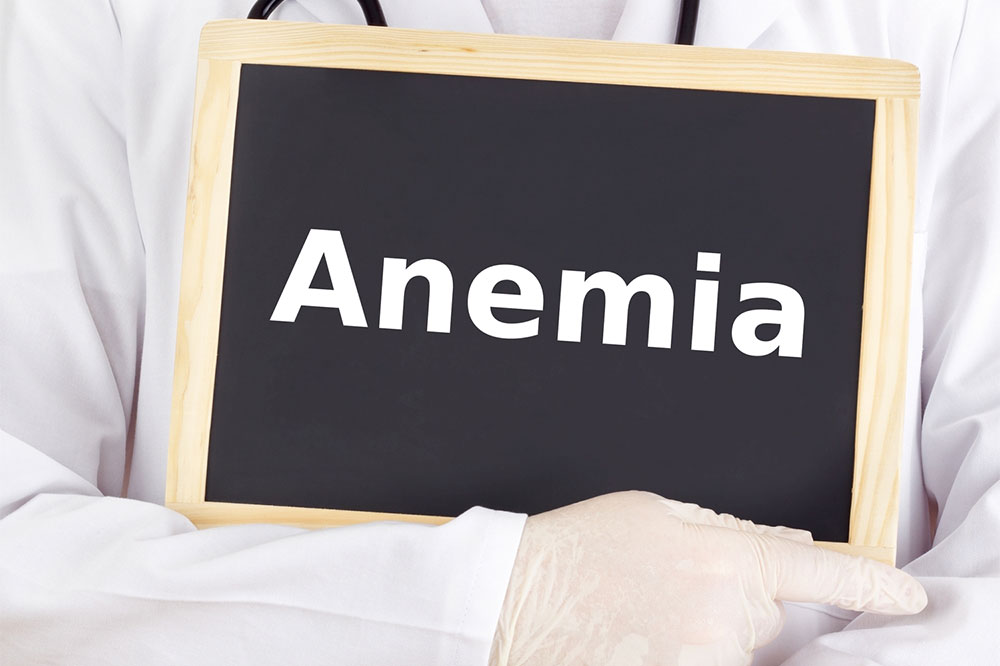
Anemia – Warning Signs and Diagnosis
There are many types of anemia and it is the most common blood condition in the country affecting about 6% of the population. People with long-term health issues are more prone to developing anemia. Discussed here are some of the early signs and diagnosis for anemia.
Early signs and diagnosis for anemia
Early signs
Some of the early signs of anemia could be so mild that you might tend to ignore them or mistake them for symptoms of other health conditions that you could be having. These include:
- Headache
- Shortness of breath
- Dizziness or light-headedness
- Fast heartbeat
- Pain in either your bones, chest, joints, or stomach
- Tiredness
- Weakness
- Children and teens diagnosed with anemia could have issues with growth
- Cold hands and feet
The signs and symptoms of anemia could also vary depending on the type of anemia, the severity of the condition, the underlying cause of the anemia, and other health issues such as cancer, hemorrhaging, etc.
Symptoms of iron deficiency anemia
- A hunger or craving for unusual substances also known as pica such as paper or dirt.
- A sore mouth with cracks at the corners
- Nails that are curved upwards also known as koilonychia
Symptoms of vitamin B12 deficiency anemia
- Issues walking
- Stiffness in the arms and legs
- A tingling sensation in the hands and feet
Symptoms of anemia caused by chronic lead poisoning
- Abdominal pain
- Constipation
- Vomiting
- A blue/black line on the gums
Symptoms of anemia caused by chronic red blood cell destruction
- Red/brown-colored urine
- Yellow skin and eyes
- Leg ulcers
Sickle cell anemia
- Fatigue
- Being prone to infections
- Pain in the joints, limbs, or abdomen
Symptoms of anemia caused by chronic red blood cell destruction
- Bruising under the skin
- Seizures
- Abdominal pain
Diagnosis
In addition to asking about yours and your family’s medical history, the doctor might ask you to undergo the following medical tests to check and confirm the early signs and diagnosis for anemia.
- Complete Blood Count (CBC)
This test is most commonly used to detect anemia as it reveals the number of red blood cells and hemoglobin present in your blood. It is used to diagnose iron-deficiency anemia. - Blood smear test
This test is used to check the shape of the red blood cells and to look for any abnormalities. It can be used to diagnose Sickle-cell anemia.
- Reticulocyte count
Used for determining and checking for immature red blood cells.
It should be noted that certain forms of anemia are hereditary, and women and the elderly are at a higher risk of developing this condition. Hence, knowing the early signs and diagnosis of anemia could be useful.


